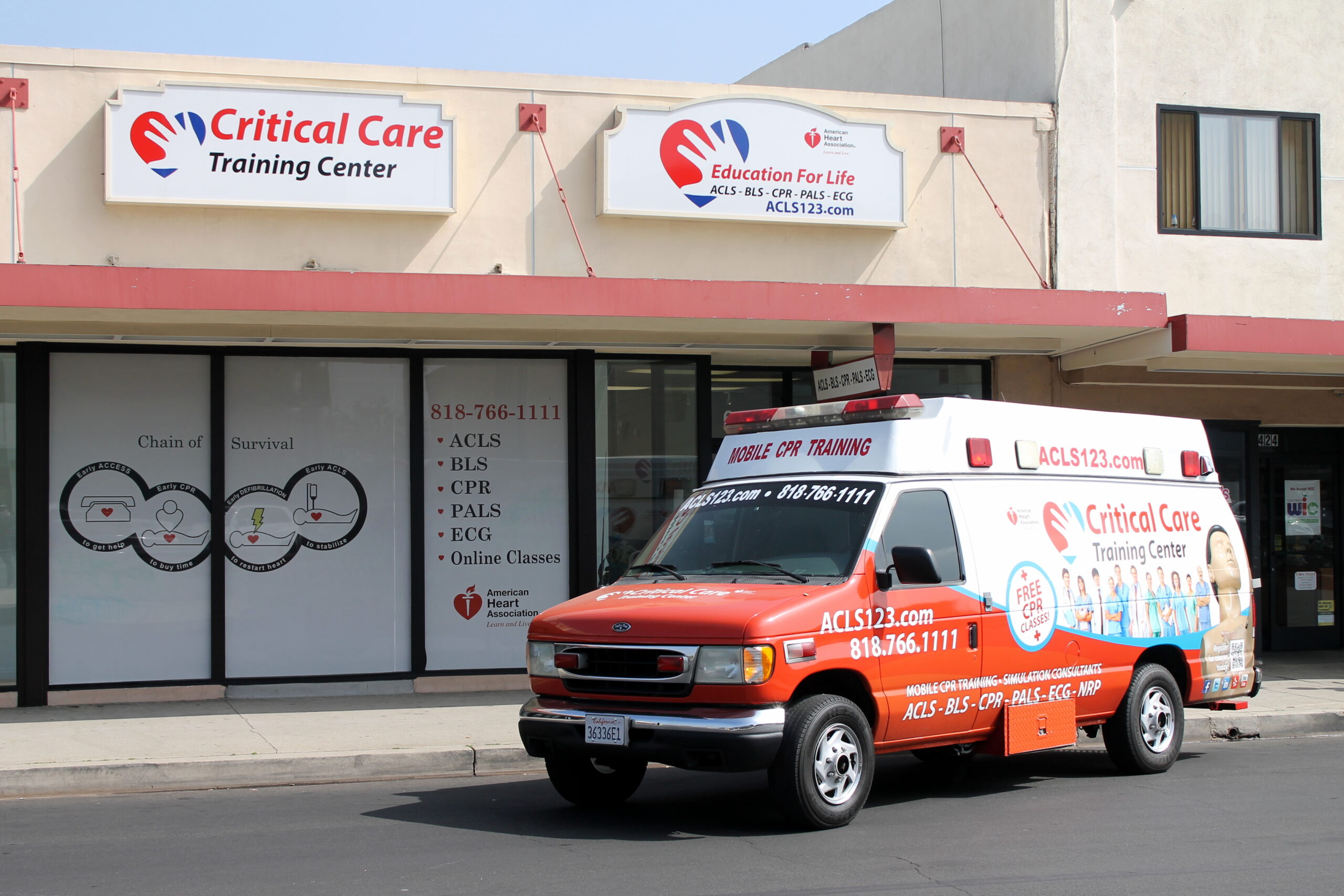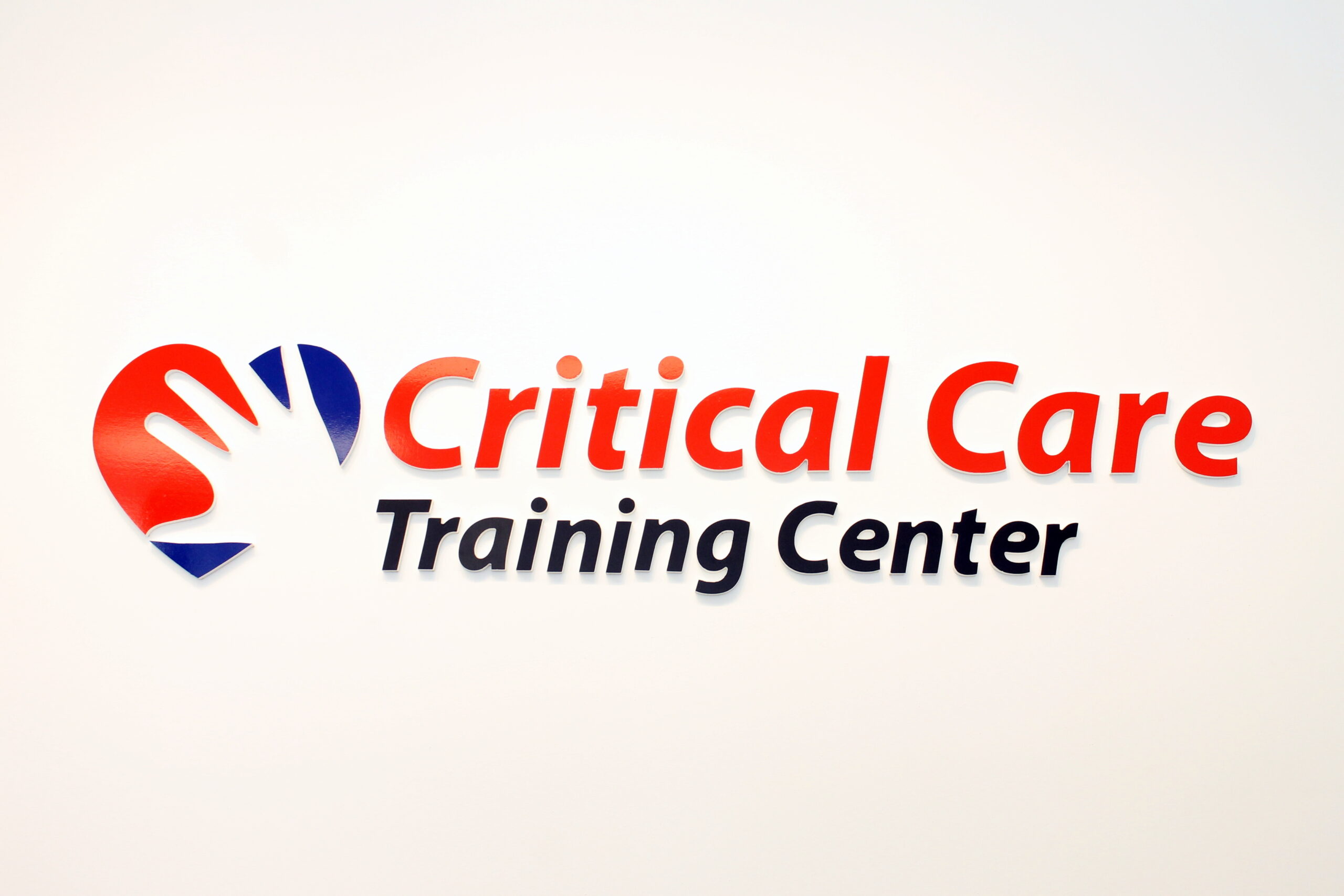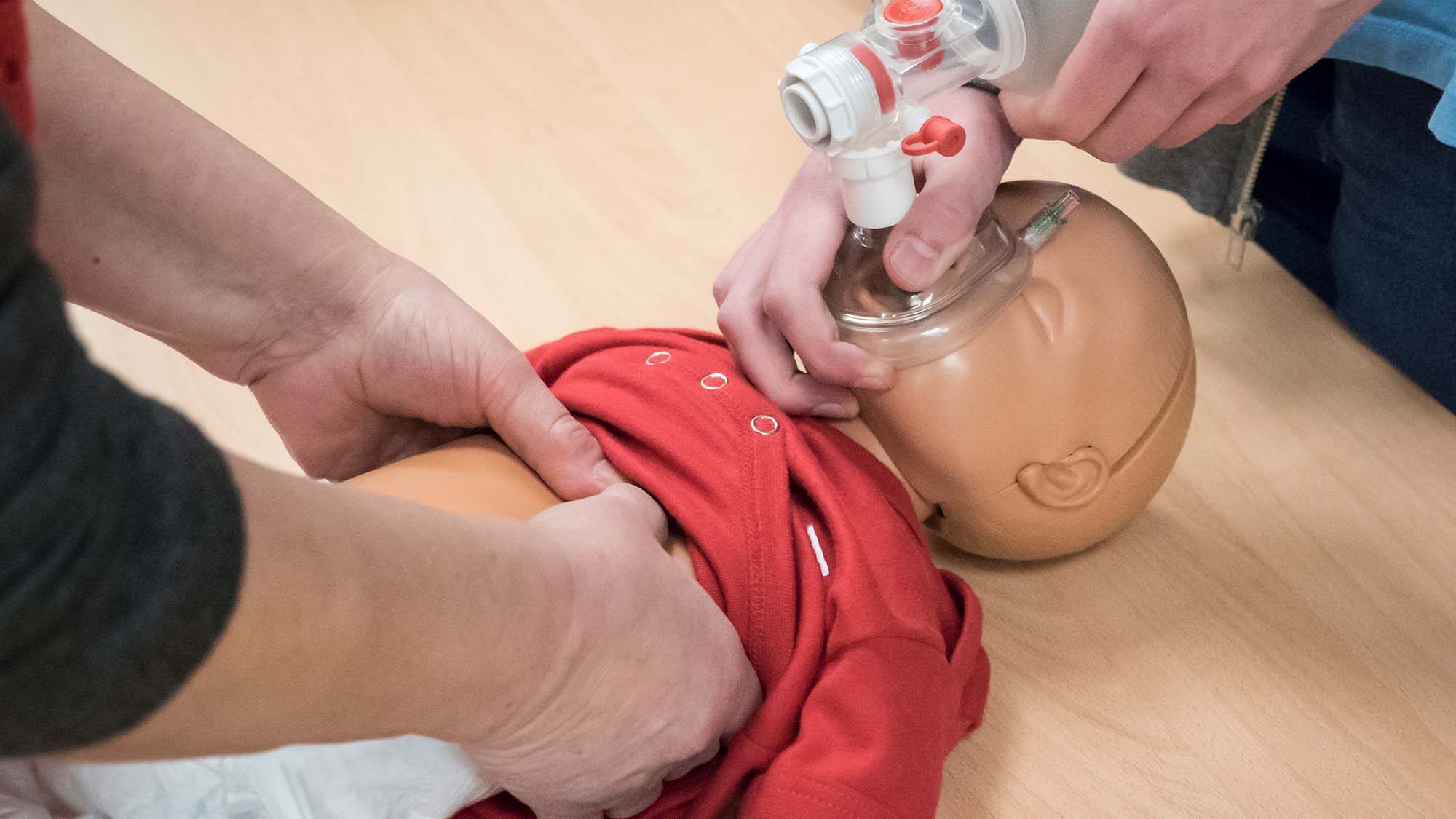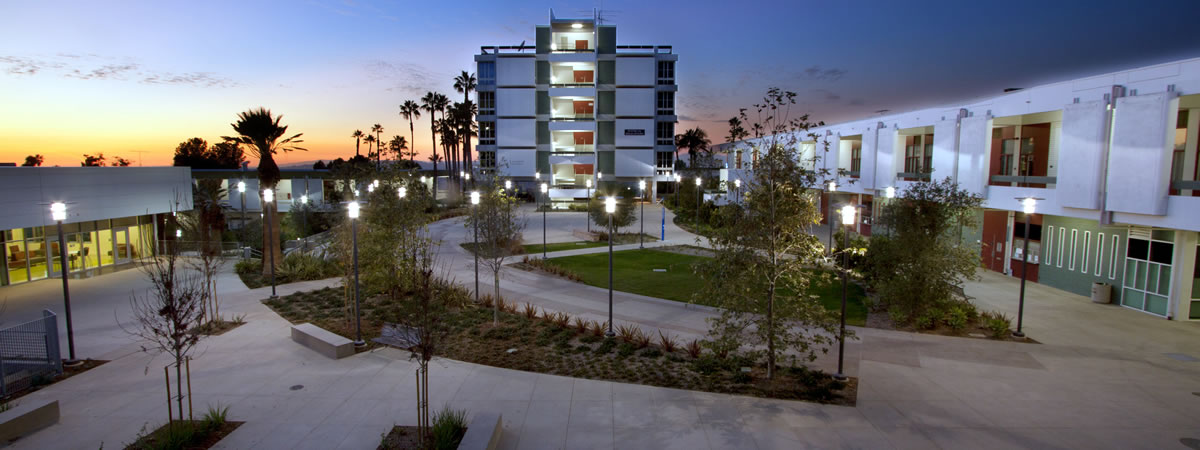Essay by: ISP049
From the ancient times to modern days, simulation has been used as a tool for mankind to hone their skills in a controlled environment. In today’s nursing education, the role of simulation is used to bridge the gap from the textbook to real life. Simulation is any form of clinical practice in the lab or the hospital. For some people, this is the first patient contact. When going to clinical, the nursing student uniform includes scrubs, pens, paper, stethoscope, sphygmomanometer, pen light, watch, medication book and a whole plethora of small items. My vision for simulation based learning in the future combines state-of-the-art technology with learning.
Imagine a scenario where a student walks into a patient’s room and finds a patient experiencing a stroke. For the uninitiated, this can be a frightening experience causing them to either freeze or do action. Even if they learned the material, they may not yet understand how to apply it. With the Google Glass, it will not only recognize what is happening, but prompt the student on different actions to take. It will simultaneously record the incident, time, and suggest actions. In 2007, Apple Inc. introduced a revolutionary product that swept the world. When the iPhone was first released no one could have predicted the impact it would have on peoples’ everyday lives. In turn, Google Inc. is now on the cusp of releasing Google Glass, the next product that will change the world. Google Glass does has a heads-up display that will enable the person wearing the glasses the ability to be a camera, display, touchpad, battery and microphone all in one. This will allow a person to take pictures, videos, and search on the go. The glasses are due to be released at the end of 2013 with the asking price of $1500. Sure this is a lot of money, but when the iPhone was first released it was $800 and now they give the phone away for free. I anticipate that in 10 years the market and competition will drop the price of to make it affordable for schools.
As of now, the possibilities of the Google Glass are endless. With the development of apps, especially medical related apps, programmers can tailor make apps that fit nursing students and simulation. Google Glass can be used as a tool for nurses and clinicians alike as it will mesh eye-tracking software when assessing a patient and simultaneously offer suggestions based on the signs and symptoms displayed. From the data displayed the nurse can use their own judgement to carry out interventions. How many times have you seen the student nurse in simulation lose time trying to find medication information in a book? Now there will be no time lost as you can simply look at the medication and ask Google Glass. The avenue for knowledge does not stop there as it can also help reduce medication errors as it can easily be programed to alert of incorrect dosages. Google Glass will also reduce the need for documentation, as the nurse can choose to do video documentation.
In the end, no computer can match the computing power of the human brain. That is why it is always important to gain the skills and knowledge to use the information that will be laid out in front of us through the Google Glass. But, I foresee the Google Glass will become a standard of the nursing uniform just as a stethoscope is today. It will become an invaluable tool that will be incorporated into the world of nursing in the future.









